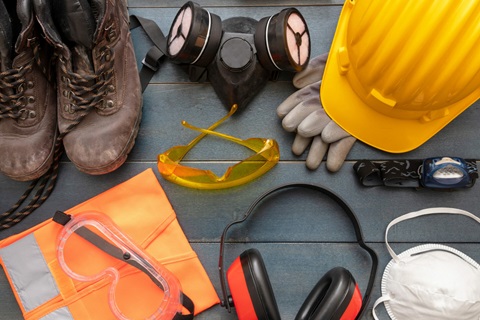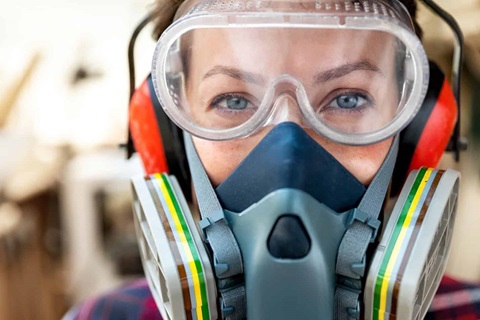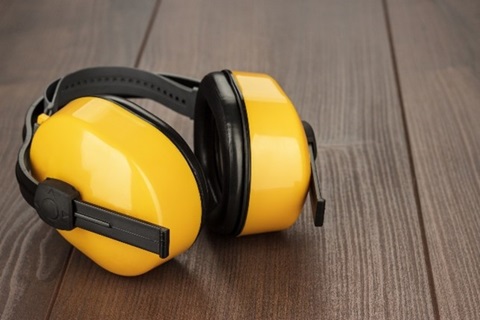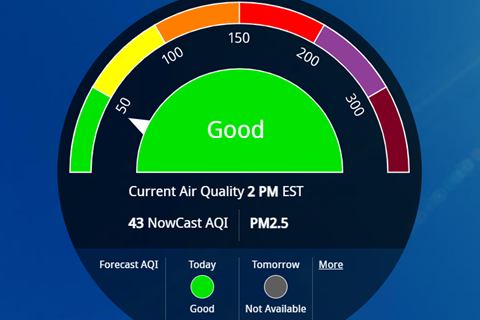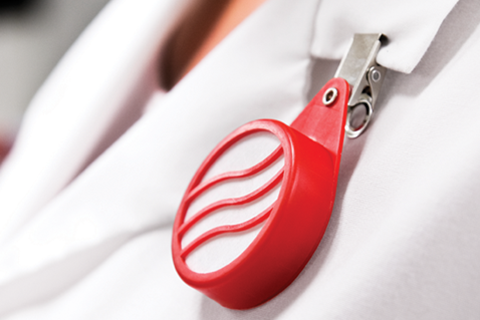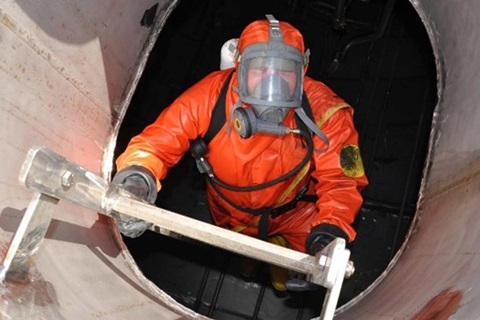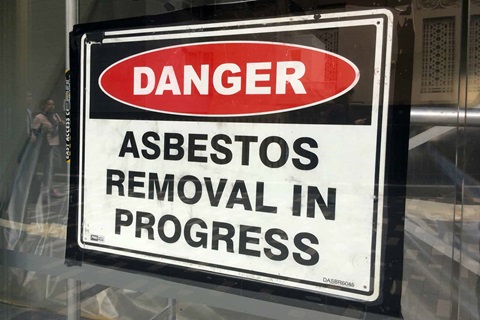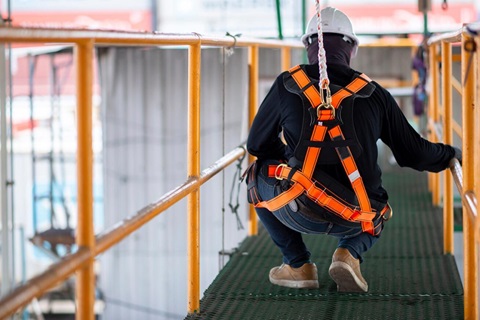Industrial hygiene is the science of anticipating, recognizing, evaluating, and controlling workplace conditions that may cause workers' injury or illness. Industrial hygienists use environmental monitoring and analytical methods to detect the extent of worker exposure and employ engineering, work practice controls, and other methods to control potential health hazards.
At the University of Miami, we’re committed to supporting a healthy and safe work environment. We offer multiple services to our community; we encourage you to explore the links below or contact us directly for assistance.
|
Industrial Hygiene Manager
Noelia Estevez De Rosario
786-585-2909
Industrial Hygiene Specialist
Patricia Bouza
305-243-8443
|




